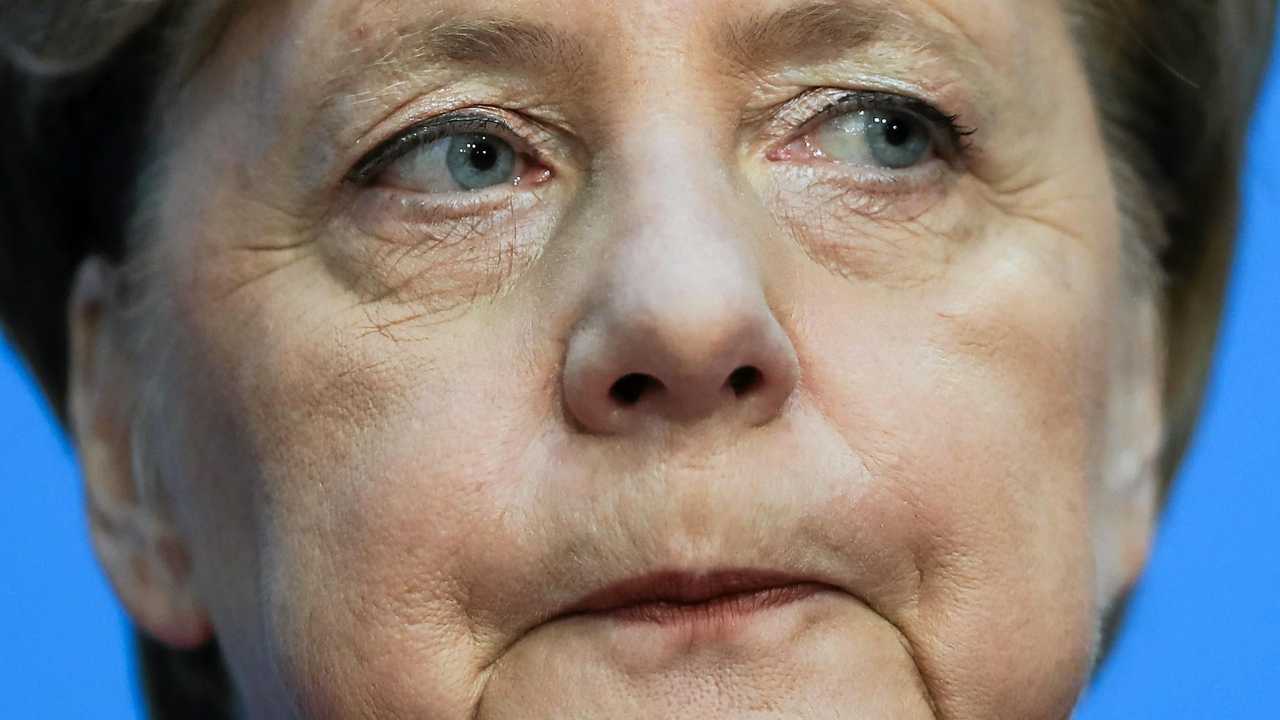Paving the way for females
Merkel is just one of the women who have changed the face of world politics

WHEN talking about influential women, people will often refer to names such as Eleanor Roosevelt, Queen Victoria, Amelia Earhart, Cleopatra, Joan of Arc and Marie Curie.
These women were instrumental in paving the way for women today.
But with the exception of Queen Victoria, how often do we talk about influential female politicians who have helped shape the world of today?
With the announcement Angela Merkal is to step down as Chancellor of Germany at the end of her term in 2021, it will end an era of European politics dominated by her.
She's been serving as German Chancellor since 2005 - my final year of primary school.
Merkel was Germany's first female chancellor, and at the helm of the grand coalition she became a respected political figure internationally.
The fall of the Berlin Wall was the catalyst for the political career of Merkel, a scientist who was born in Hamburg, behind the Iron Curtain.
She joined new party Democratic Awakening and in 1990 it merged with the East German CDU. Merkel had worked her way to opposition leader before the 2005 election, when she became chancellor.
In honour of Merkel's legendary service to Germany, Europe and women everywhere, here are a few other women who deserve to be remembered:
The first Iron Lady
IT IS A term often used to describe Margaret Thatcher, but the first woman in politics to be called the Iron Lady was Israeli prime minister Golda Meir.
Born in Kiev, she immigrated in 1906 as a child with her family to the US. There she was educated and became a teacher.
In 1921, after marrying, she immigrated to Mandatory Palestine (a geographical entity in the region of Palestine formed as part of the partition of the Ottoman Empire).
In 1934 she joined the executive committee of the Histadrut, Israel's national trade union centre, which was an instrumental role in preparing her for the prime ministership.
In 1949 she was elected to the Knesset (the legislative branch of the Israeli government) where she served as the minister of labour.
Six years later she became foreign minister and in her first few months she had to deal with the Suez Crisis.
She retired from the ministry in 1966 after being diagnosed with lymphoma, only to come our of retirement three years later to take office as PM.
While PM, Meir helped merge two dissident political parties and her own into the Israel Labour Party.
Mary broke the mould
MARY Robinson was the seventh president of Ireland and the first female to hold that office in the country.
In that position for seven years from 1990, she was the first independent candidate nominated by the Labour Party, the Workers' Party and independent senators.
She was also the first elected president in the office's history to not have the support of Fianna Fail (the centre-right liberal conservative political party). Robinson is said to a have breathed life back into a position previously regarded as a place for prominent politicians to go before they retired.
She was also the first serving Irish president to visit the UK and meet Queen Elizabeth II.
Despite embodying the liberalism the Catholic church disapproved of, she worked closely with the church and was granted an audience with Pope John Paul II when she visited Rome.
B.A. (before Ardern)
HELEN Clark was prime minister of New Zealand from 1999 until 2008. While we all obsess over Jacinda Ardern, some forget she is not the first female prime minister of our neighbour.
The 37th prime minister, Clark became a member of the House of Representatives in 1981. She was one of eight female members of the parliament at the time.
After Labour lost the 1993 election, Clark challenged for leadership of the party and won. Labour lost the 1996 election but formed a governing coalition after the 1999 poll, with Clark sworn in as prime minister on December 5.
During her leadership she made every effort to ensure gender was not an issue in politics, but she was often portrayed by media as cold and humourless. Clark said herself that while her male counterparts looked "strong and determined", she was "tough and nagging" despite portraying herself in the same way.
Caitlan has been writing Life As I Know It in the absence of Lesley Apps, and for her final week she chose to stretch her political muscles. Email her on caitlan.charles@dailyexaminer.com.au
Originally published as Paving the way for females






